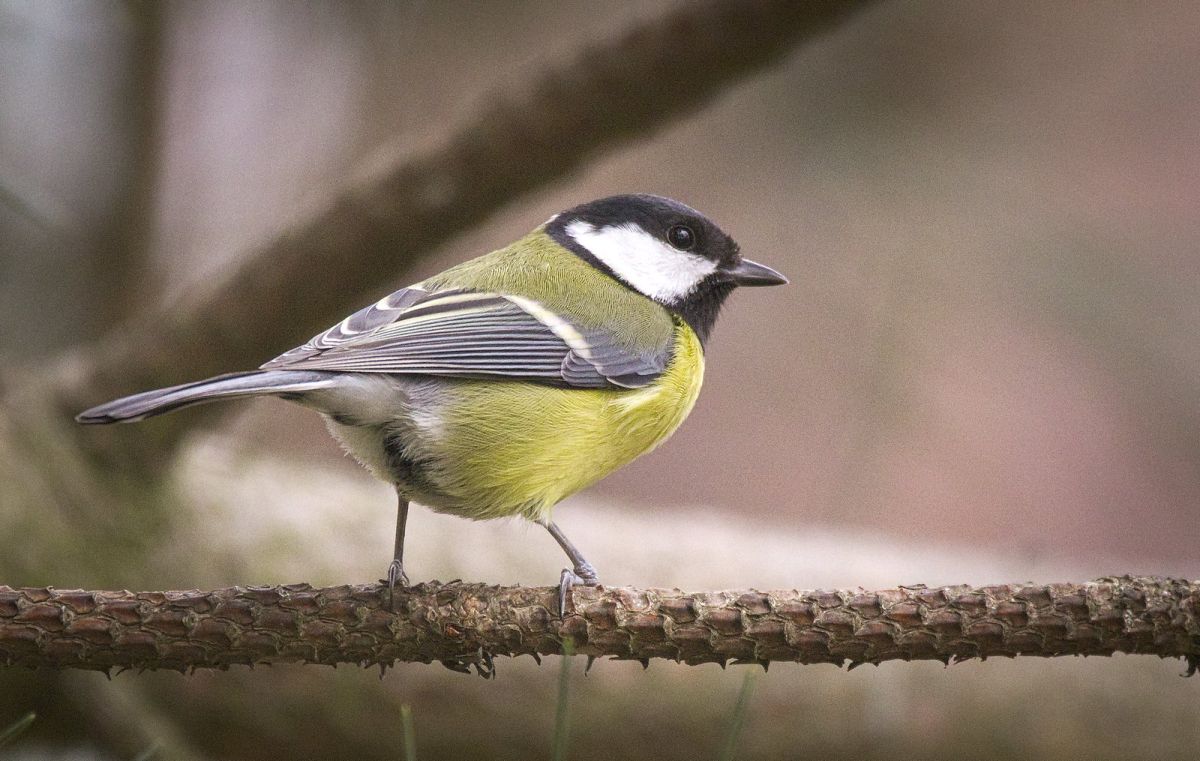One of the best things about meeting people from different parts of the world is learning about and from different cultures. But humans aren’t the only ones who can experience this benefit.
In animals, culture is a group behavior that’s learned from others and persists over generations. Scientists have observed cultural traditions in many animals, including birds such as great tits. Now they wanted to know whether those traditions can change.
Researchers divided a captive population of great tits into 18 groups and gave each group a puzzle box. When the birds solved the puzzle, they got a reward. Scientists taught a bird in each group designated as the tutor a way to solve the puzzle that worked, but that was fairly inefficient, and the tutor then taught that solution to the other birds in their group. Then, scientists introduced new birds into half of the groups, replacing some of the original birds with wild-caught birds.
While the original birds were more likely to innovate a more efficient solution, the new, wild birds were more likely to adopt it as their preferred behavior. The original birds often went right on using the inefficient solution, even though they’d figured out a better one. This meant that the groups in which new birds had been introduced were more likely to adopt the more efficient solution as a whole. These groups also tended to solve the puzzle faster, even though they included birds with less experience. The new birds brought a fresh perspective, changing the whole group for the better— it’s not too difficult to metaphorically draw a parallel between these birds and people.









